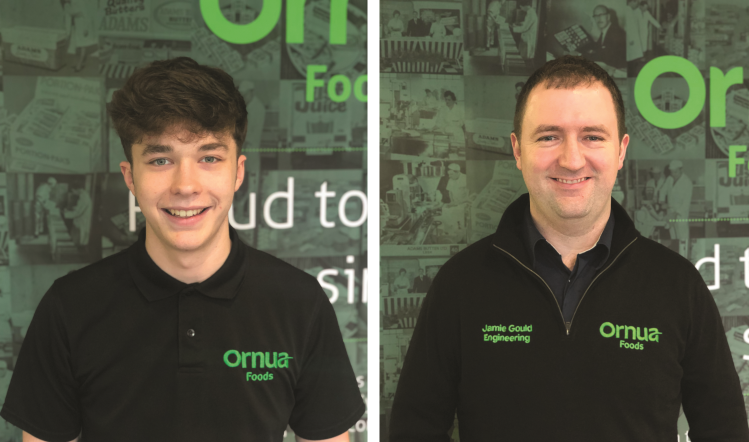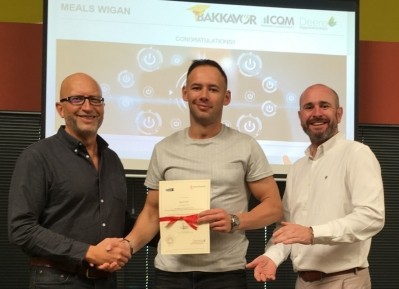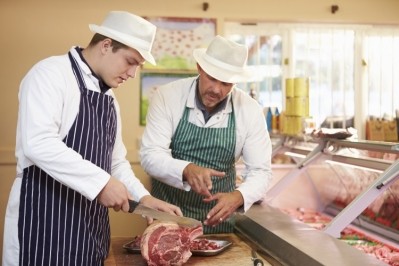Meet the apprentice: Ornua Foods

The apprentice: Andrew Burgess
As an engineering apprentice at Ornua Foods’ facility in Leek, Staffordshire, my day-to-day role is to accompany engineers and try to learn from what they’re doing. Initially, it was a case of watching and shadowing, but now I take more of a proactive role.
I spent the first year full-time at Stoke-on-Trent College learning the principles, the maths and the understanding behind the practical role of an engineer. I’m on day-release now and on my way towards finishing my Level 3 BTEC, before moving on to a Higher National Certificate next year.
With the apprenticeship came the opportunity to get into the workplace sooner.
I wanted to be an engineer from day one. I spent much of my childhood messing around with engines and cars, so it was a case of when, rather than if.
It’s a win-win for me. I gain seven years’ more engineering experience than I would have done if I had just gone through the education system and into university. This route gives me a better understanding of the workplace and more experience in the long-term.
The employer: Jamie Gould
As principal engineer at Ornua Leek, I’m responsible for managing five apprentices. Offering apprenticeships means we give them on-site training relevant to our industry. We need practical skills on the shop floor to maintain the machines to the standards we require, to understand what’s going on, and to fault-find effectively.
Although engineers get a base knowledge wherever they come from, you can’t get qualified ones off the street who understand all the equipment right from the start, and people on the graduate route are highly educated, but perhaps lack the practical skills. Apprenticeships are, therefore, an opportunity to get around these problems.
From maintenance and fault-finding to machine installation, the apprentices are involved in all aspects of an engineer’s role. They’re also involved in continuous improvement, participating in line performance studies and improving overall equipment effectiveness. This should eventually lead to Six Sigma green-belt qualifications.
We’ll look at hiring a couple of engineering apprentices every two years. We believe we need to offer training to engineers to be able to recruit them.
















